Data annotation improves the value of big data through deep learning and data labeling for medical applications. Annotation tools consist of certain data attributes that get rid of the need to rewrite rules in various places. AI-based machines utilize computer vision for identifying injuries and patterns in patients. This assists medical practitioners in generating diagnostic reports instantly. Database of CT scans, MRI scans and X-ray images are scanned by AI technology for obtaining a precise diagnosis.
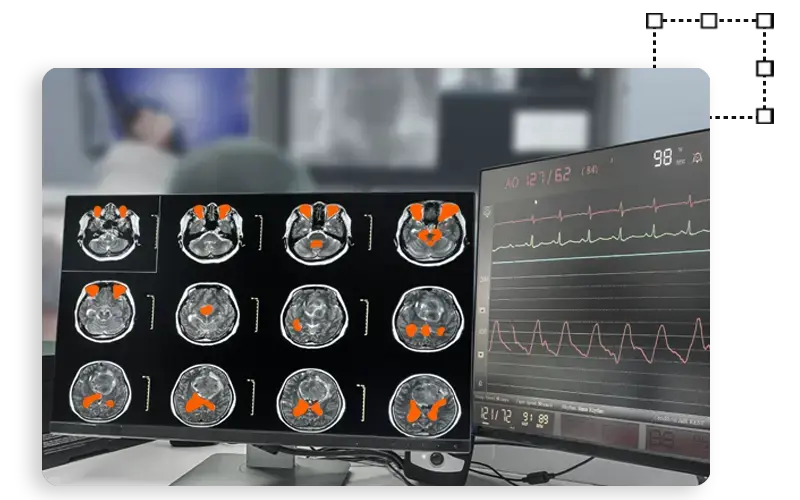
15+
Years of Experience
1500+
Annotators Working 24x7
100%
Data Security
99%
Accuracy Achieved
24X7
Availability
Importance of Healthcare Training Data
We offer high-quality AI training data for developing computer vision applications in healthcare
Looking for the Right Healthcare Training Datasets
This can be tough due to the limited availability of medical data and patient privacy laws. Generally it involves companies investing a major amount of their resources in creating their datasets in-house or outsourcing them. These datasets are critical for medical data labeling and annotation since the performance and accuracy of any AI based healthcare app depends on the quality of the training datasets.
Applying AI in Healthcare for Diagnostic Automation
AI has already permeated into other medical subfields including diagnostic automation, treatment predictions, gene sequencing, and drug development. But the application of AI in healthcare demands accurate healthcare training data before a healthcare facility or a medical equipment manufacturer sets its venture up for developing AI-based healthcare applications for automating healthcare processes.
Enabling Early Disease Detection with AI
From image-based diagnostic tests such as X-rays, CT scans, MRIs,ultrasound, radiology and robotic systems for automating surgical procedures, we have developed high-end expertise in medical image annotation and labeling that requires developing accurate algorithms for AI-based applications. Healthcare companies can use our training data to develop medical algorithms for integration into AI-based applications, i.e., the applications that aim to automate healthcare processes.
Types of Medical Annotation
Our qualitative training data helps AI algorithms in developing automated healthcare systems and applications.
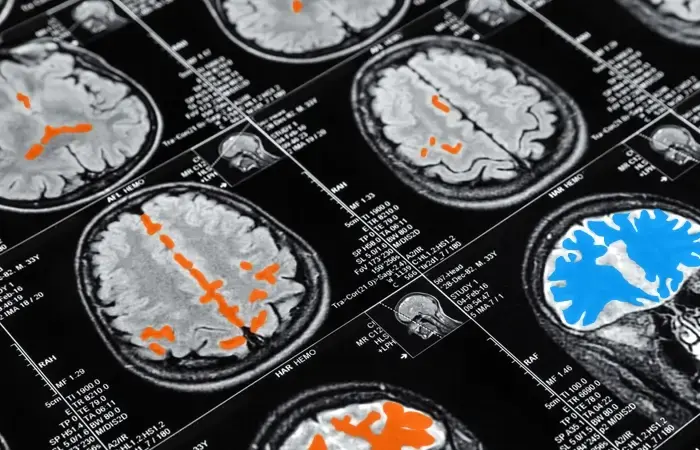
Image Annotation
We assist medical AI with training data obtained via X-rays, CT scans, MRIs, etc for AI models for improving medical practice, clinical management and healthcare delivery.
Video Annotation
We bolster virtual healthcare delivery and medical learning by classifying, categorizing and segmenting regions of interest in medical videos like recorded surgical procedures.
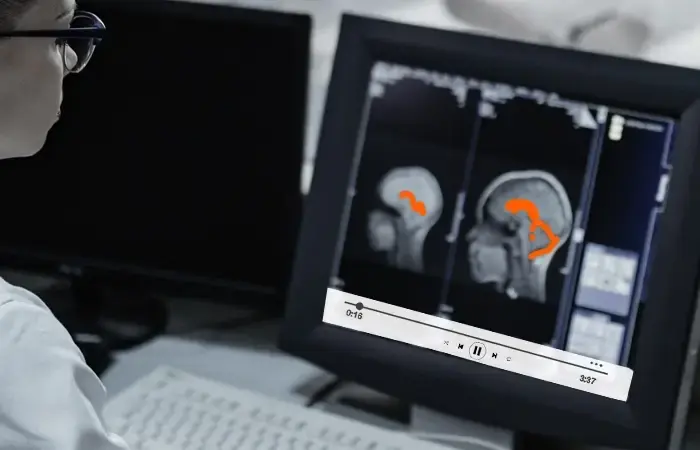
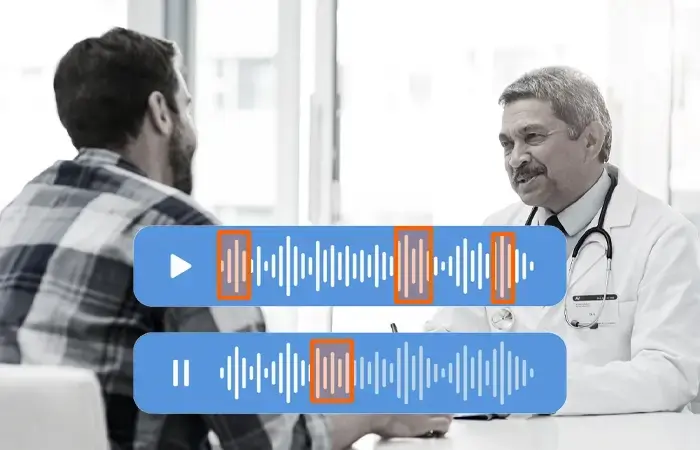
Audio Annotation
We harness NLP expertise for properly annotating and labeling audio data to develop voice-assistant systems for smooth clinical practice and to incorporate AI in other voice-enabled healthcare products.
Waveform Annotation
We use data annotation and labeling for classifying features and segmenting areas of interests within waveforms to train predictive algorithms and AI models to detect acute heart diseases and neurological conditions.
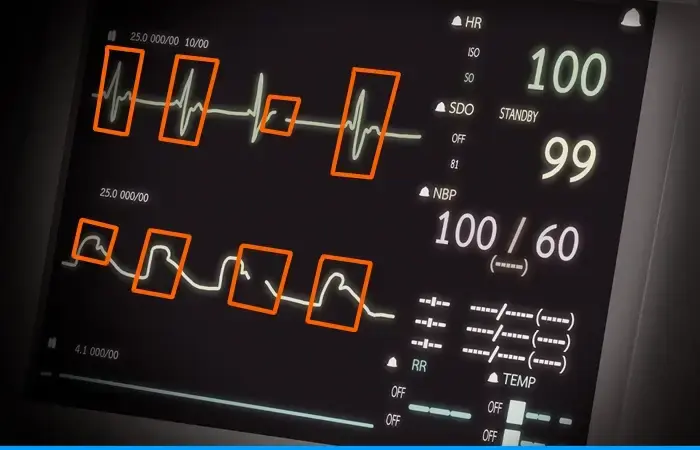
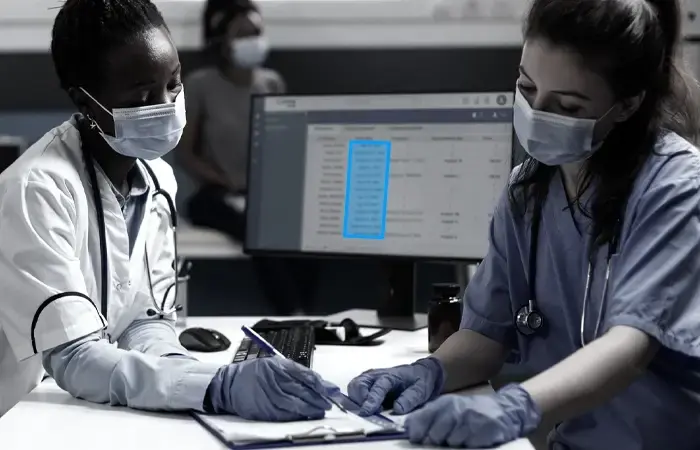
AI Medical Coding
This implies converting healthcare diagnoses, procedures, medical services, and equipment into universal medical alphanumeric codes. The codes for diagnoses and procedures are obtained from medical records.
Text Annotation
Instantly organizing and enriching vast amounts of text data to develop medical AI with accurately annotated & labeled text strings, handwritten notes, prescriptions, insurance verification reports, etc.
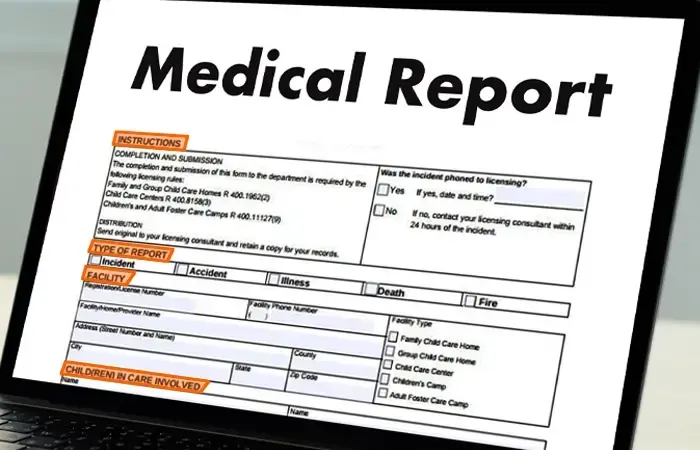
Medical Annotation - Use Cases
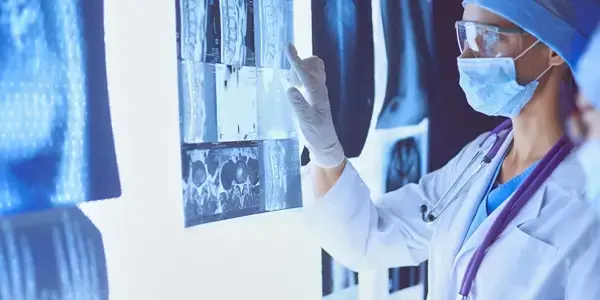
Radiology
AI systems trained and built with annotated data of patients’ X-Rays, CT scans, and MRIs assist in predicting numerous conditions.

Pathology
AI helps in streamlining the detection and diagnosis of severe disease symptoms.

Dermatology
AI tools equipped with machine learning training data on dermatological conditions assist in detecting dermatological issues.
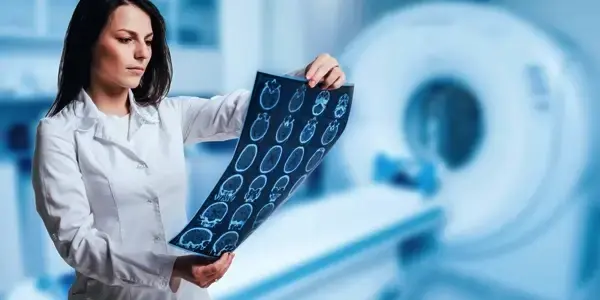
CT Coronary Angiogram Scans
This test is used for detecting narrowed arteries or other heart issues.
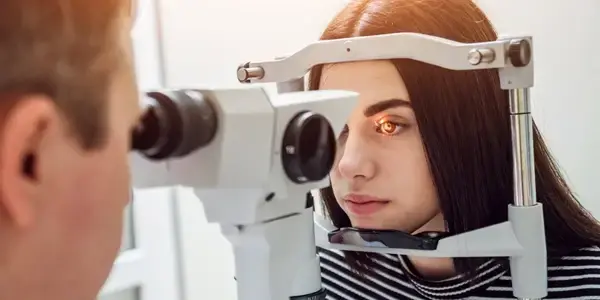
Opthamology
Scaling of detection procedures have been enabled through studies and treatment linked to Ophthalmology.

Cardiology
The use of AI in cardiology has helped in interpretation of echocardiograms to detect heart disease.

Dentistry
Highly efficient and dependable treatment are ensured through upgraded imaging procedures in dentistry.
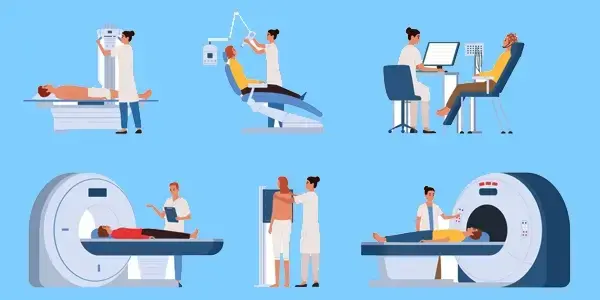
Clinical Session Recording
The quality of wellness and behavioral health services are enhanced by spotting intonation, emotion, symptoms, and medications discussed in clinical interactions.

Health Insurance
Offering data expertise to healthcare practitioners and payers for incorporating AI into insurance disbursement, claims processing and underwriting.
Frequently Asked Questions
| Category | Medical Annotation | Regular Annotation |
|---|---|---|
| Verification | De-identified and protected by Data Processing Agreements (DPA). | Regular images are easily available. |
| Format | DICOM formats | JPEG, PNG, BMP, and more |
| Resolution | High with 16-Bit Color profiles | 8-Bit Color profile |
| Measurement | Have units of measurement for medical purposes. | Have measurement pertaining to the camera. |
| Compliance | HIPAA compliance is necessary. | Compliance is not required. |
| Images | Several images of the same object is offered from different angles and views. | Distance images are required of different objects. |
| Guide | Must be guided by Radiology controls. | Regular camera settings are accepted. |
| Annotation slice | Multiple slices | Single slice |
Medical annotations can be used in two ways. First is for research where researchers utilize labeled medical data for training machine learning models for developing new medical treatments and diagnostic equipments. This helps researchers in testing and enhancing their AI models on real-world datasets. Second is in clinical applications like radiology and anomaly detection. It helps radiologists in diagnosing diseases through analysis of medical images.
The medical data labeling process is posed with challenges owing to the complex and variable nature of medical data. The vast range of abnormal and variable medical data makes data labeling a difficult task requiring annotators with high level of training and experience. Further, qualitative and consistent annotations are necessary for effective machine learning algorithms. So, stringent guidelines and quality controls should be put in place for ensuring accuracy and consistency in medical data labeling.
Interested in Working with Us?
In today's tech-driven world, a career in Artificial Intelligence (AI) can be highly rewarding. Join our team of Annotation Specialist, and be a part of the company that creates high-quality training datasets.
Get in Touch with us
 USA Office
USA Office
16 Horseshoe Ln, Levittown, NY 11756, United States
 India Office
India Office
A-83, Sector-2, Noida, Uttar Pradesh 201301
 Call us on.
Call us on.
+1 516-342-5749
 Schedule a Call
Schedule a Call
with our Enterprise Specialist